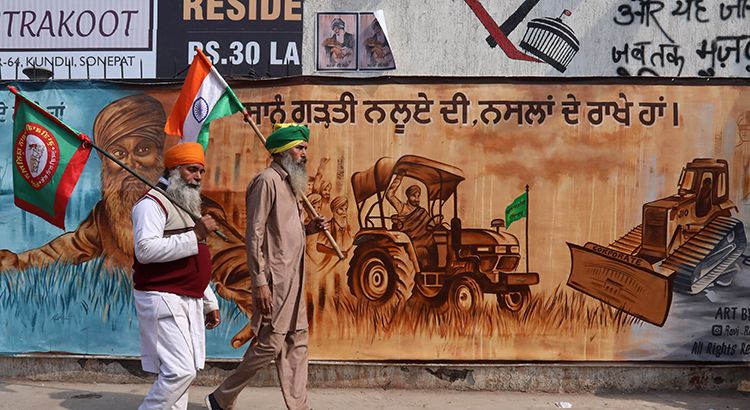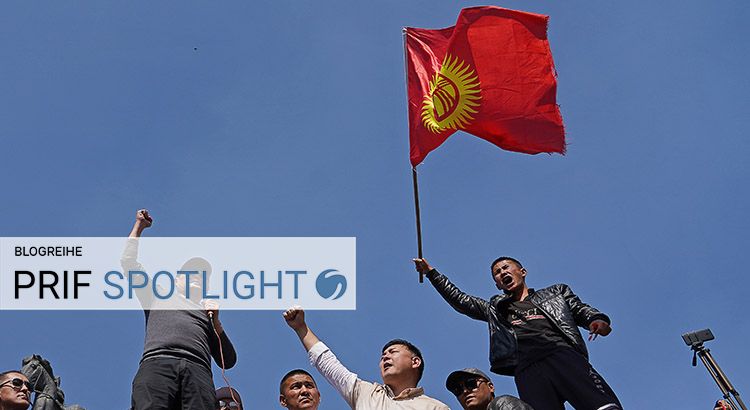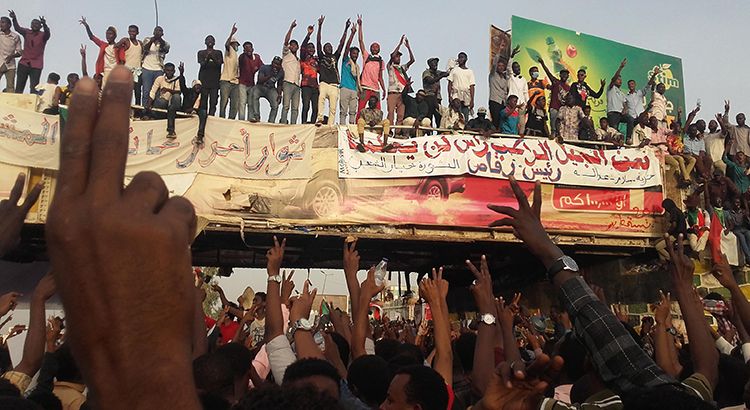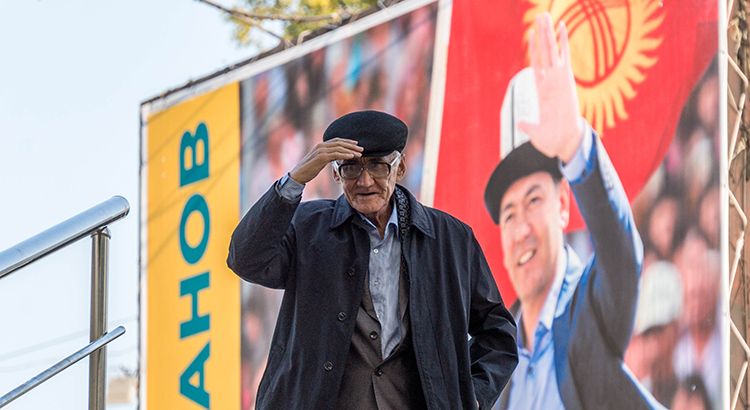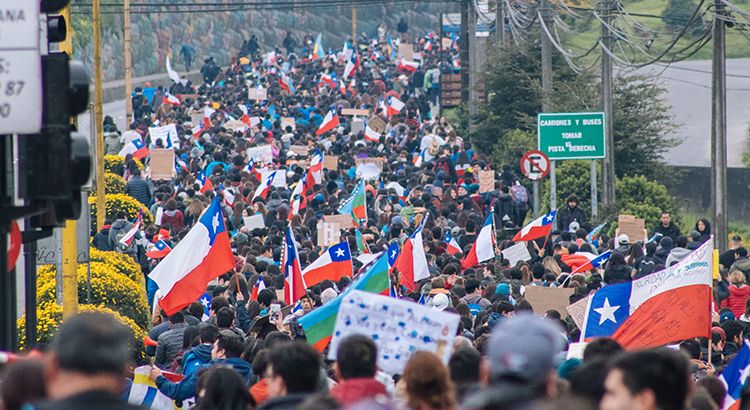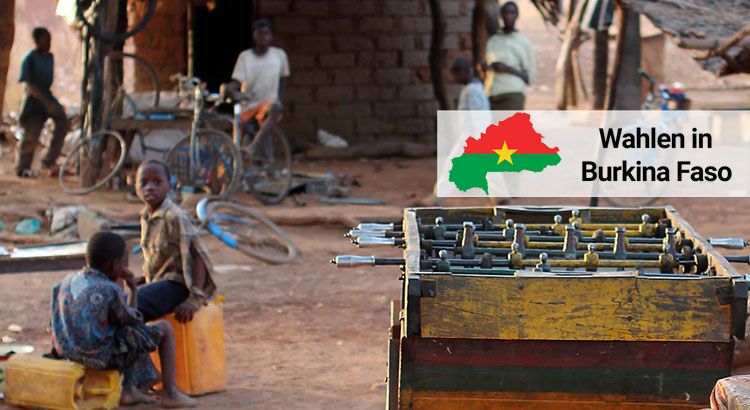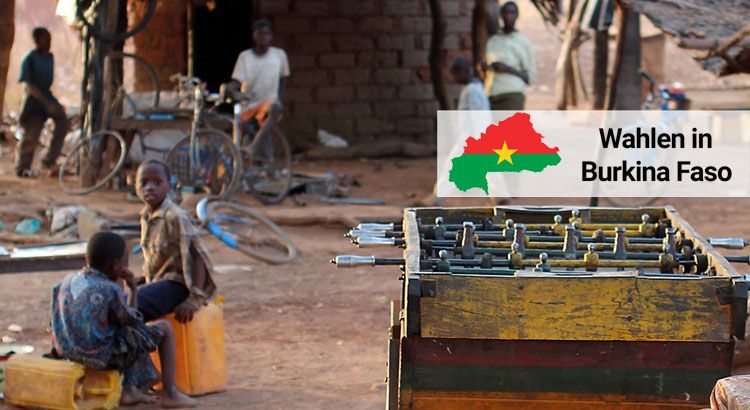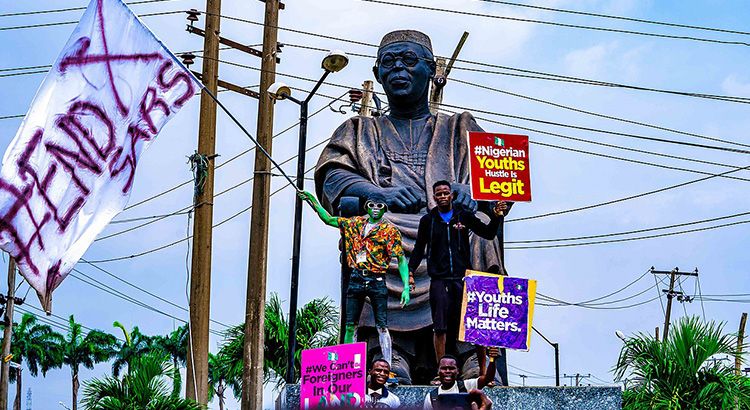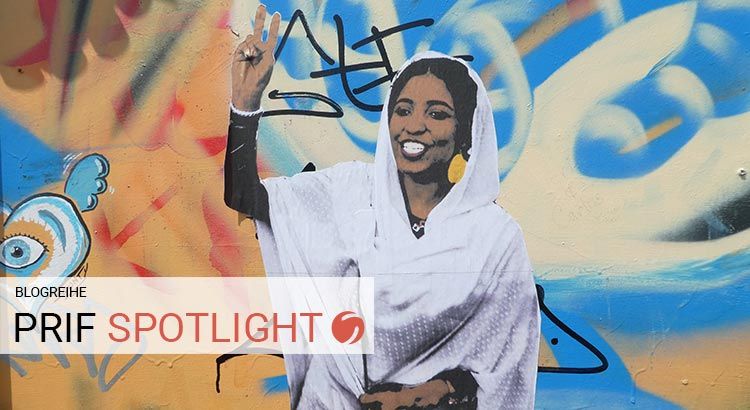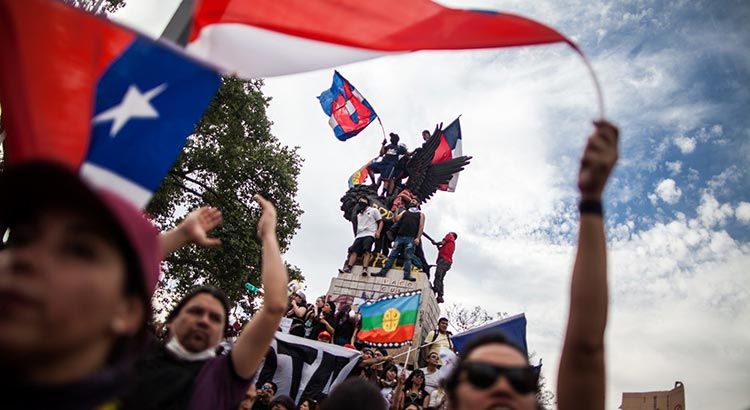Schlagwort: Protest
Indien erlebt derzeit die größten Proteste seiner Geschichte: Millionen Bäuer*innen sind mit ihren Traktoren in die indische Hauptstadt Delhi gezogen. Angesichts einer geplanten Gesetzesinitiative zur Liberalisierung des Agrarmarktes fürchten Millionen um ihre Existenz. Längst haben die Proteste auch auf Themen von Demokratie, Repräsentation und Kultur übergegriffen. Doch nicht nur in Indien sind Agrarpolitik, Lieferketten, und ländliche Produktionsbedingungen zu hoch politisierten Themen geworden.
At a Crossroads. Kyrgyzstan after the recent elections
Following its parliamentary elections in October 2020, Kyrgyzstan found itself facing post-election protests and a political crisis which resulted in a new political landscape. On 10 January 2021, Kyrgyz citizens voted for a new president and a fast-tracked constitutional reform to return to a presidential system. Although the protests in October 2020 resulted in political turnover, their momentum is currently being used to concentrate power in the hands of the president. Autocratic tendencies, corruption scandals, and socioeconomic grievances, which were further aggravated by the Covid-19 pandemic, have marked recent developments in Kyrgyzstan.
Nichts ist vorbei! Zehn Jahre Arabische Aufstände
Vor zehn Jahren brachten Massenproteste den tunesischen Diktator Ben Ali zu Fall. Weitere Aufstände folgten, aber auch Bürgerkriege, regionale Instabilität und Flucht. Ab 2016 jedoch begann eine zweite Welle an großen Demonstrationen, die 2019 von Algerien bis in den Irak Demokratie und soziale Gerechtigkeit forderten und Präsidenten und Regierungen stürzten. Statt also nur zu fragen, was von den arabischen Aufständen blieb, sollten wir genau hinschauen, welche Transformationen weiterhin laufen und diskutieren, wie Europa die Prozesse des Wandels unterstützen kann.
Kyrgyzstan Before the Presidential Elections
Kyrgyz citizens will vote for a new president on 10 January 2021. Protests have caused the annulation of the parliamentary elections of 04th October 2020 which resulted in a series of high-ranked officials’ resignations and the third ouster of a president in the country’s recent history. Since then, the political landscape is changing quickly. Recent developments, including an initiated constitutional reform process, cast doubts on the future democratic path of Kyrgyzstan.
One Year Later: The Legacy of Latin America’s 2019 Mass Protests
Between October and December 2019, mass protests swept Bolivia, Chile, Colombia and Ecuador. A year later, the legacies of these episodes of contention look very different. While in Chile protests enforced the initiation of a constitutional reform process that continues on track, recent elections in Bolivia reversed last year’s political about-face. In Ecuador and Colombia, the 2019 mass protests did not initiate comparable policy changes to begin with – but this doesn’t mean they had no lasting effects.
„Es gibt wirklich keine Hoffnung oder Erwartungen der Jugend an diese Wahlen.“
Im zweiten Interview der Blogreihe zu den Wahlen in Burkina Faso haben Simone Schnabel und Antonia Witt mit Ouiry Sanou gesprochen. Ouiry Sanou ist langjähriger Aktivist und Generalsekretär der burkinischen Jugendorganisation „Organisation Démocratique de la Jeunesse du Burkina Faso" (ODJ), die sich der Einhaltung und dem Schutz demokratischer und sozialer Rechte von Jugendlichen in Burkina Faso verschreibt. Sie unterstützt außerdem die AnwohnerInnen in Bergbauregionen im Kampf um Land- und soziale Rechte.
„There is Really No Hope or Expectations of the Youth for these Elections.“
In the second interview of the PRIF blog series on the elections in Burkina Faso, Simone Schnabel and Antonia Witt talked to Ouiry Sanou. Ouiry Sanou is a long-time activist and the secretary general of the Burkinabe youth organization "Organisation Démocratique de la Jeunesse du Burkina Faso" (ODJ), which is dedicated to respecting and protecting the democratic and social rights of young people in Burkina Faso. It also supports residents in mining regions in their struggle for land and social rights.
#EndSars: How Social Media Challenges Governance – the Case of Nigeria
Reading #EndSars in 2020, one might assume the hashtag is trending to inform about the dreaded coronavirus related Severe Acute Respiratory Syndrome (SARS) disease which ravaged the world from 2003. But not in Nigeria. #EndSars refers to a Nigerian a protest movement against police brutality. Although protests have been on-going intermittently in recent years, they gained increased momentum over three weeks ago and have resulted in violence and deaths in the last week. The #EndSars movement, started as a Security Sector Reform movement and has morphed into a cry for good governance in Nigeria.
Wie friedliche Revolutionen nachhaltig demokratische Entwicklung stärken
Friedliche Revolutionen, welche beispielsweise in Polen, der DDR, oder jüngst im Sudan zum Ende von Diktaturen geführt haben, sind historische Wegscheiden, die nachhaltig die politische Entwicklung eines Landes prägen. Neue Forschungsergebnisse zeigen, dass friedliche Revolutionen langfristig die Stabilität und Qualität von Demokratien befördern. Demokratieförderung und Entwicklungszusammenarbeit können an diese Erkenntnisse anknüpfen.
The Current Wave of Protests in Latin America and the MENA – A Struggle for Incorporation?
During the last months, we witnessed massive protests around the globe against authoritarian rule, social injustice and climate change. Looking more closely at the ongoing wave of contention, we find two regional hotbeds for socioeconomic protests, the Middle East and North Africa (MENA) and Latin America. In countries as different as Lebanon and Iraq, Chile and Ecuador, public contention was primarily driven by socioeconomic grievances. In a project concluded earlier this year, we compared socioeconomic protests in both regions and found striking similarities in spite of very different contexts. Studying the evolution of socioeconomic contention in Egypt and Tunisia since the 2011 revolutions against the background of Latin American experiences, we found that there are surprising similarities in the patterns of contentious politics which can be explained when we consider them as an expression of a fundamental crisis of popular-sector incorporation.
